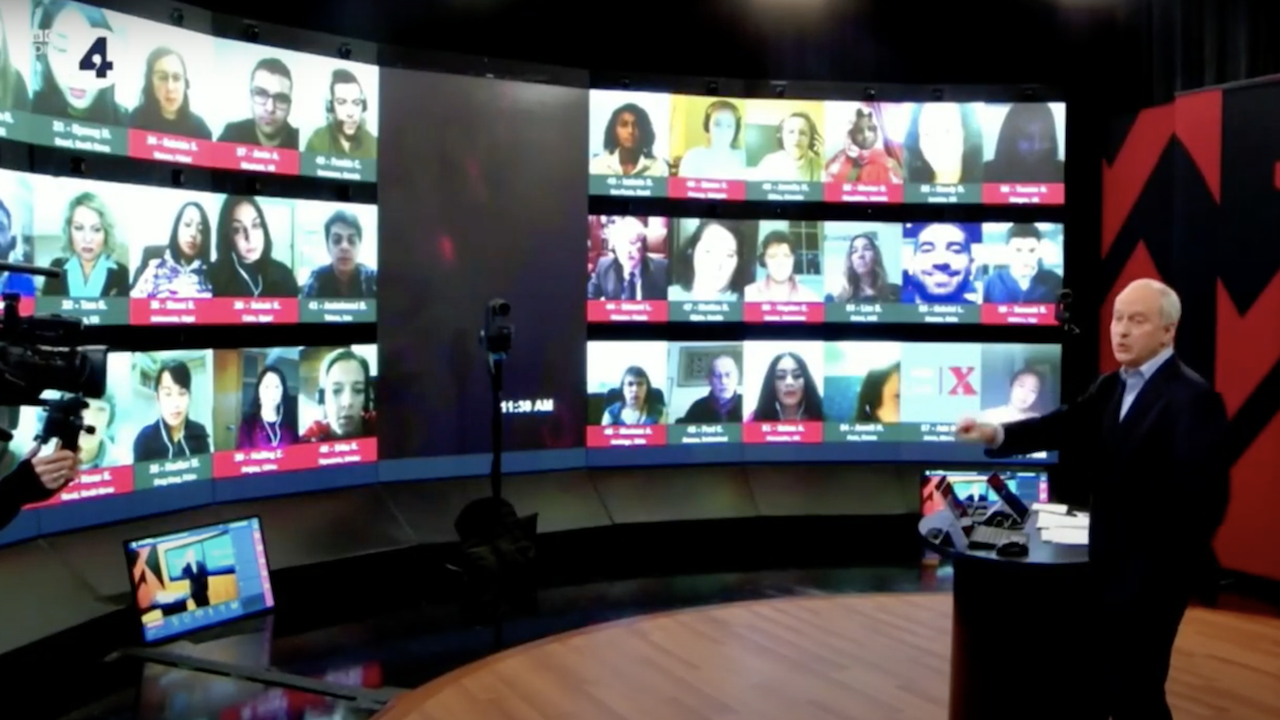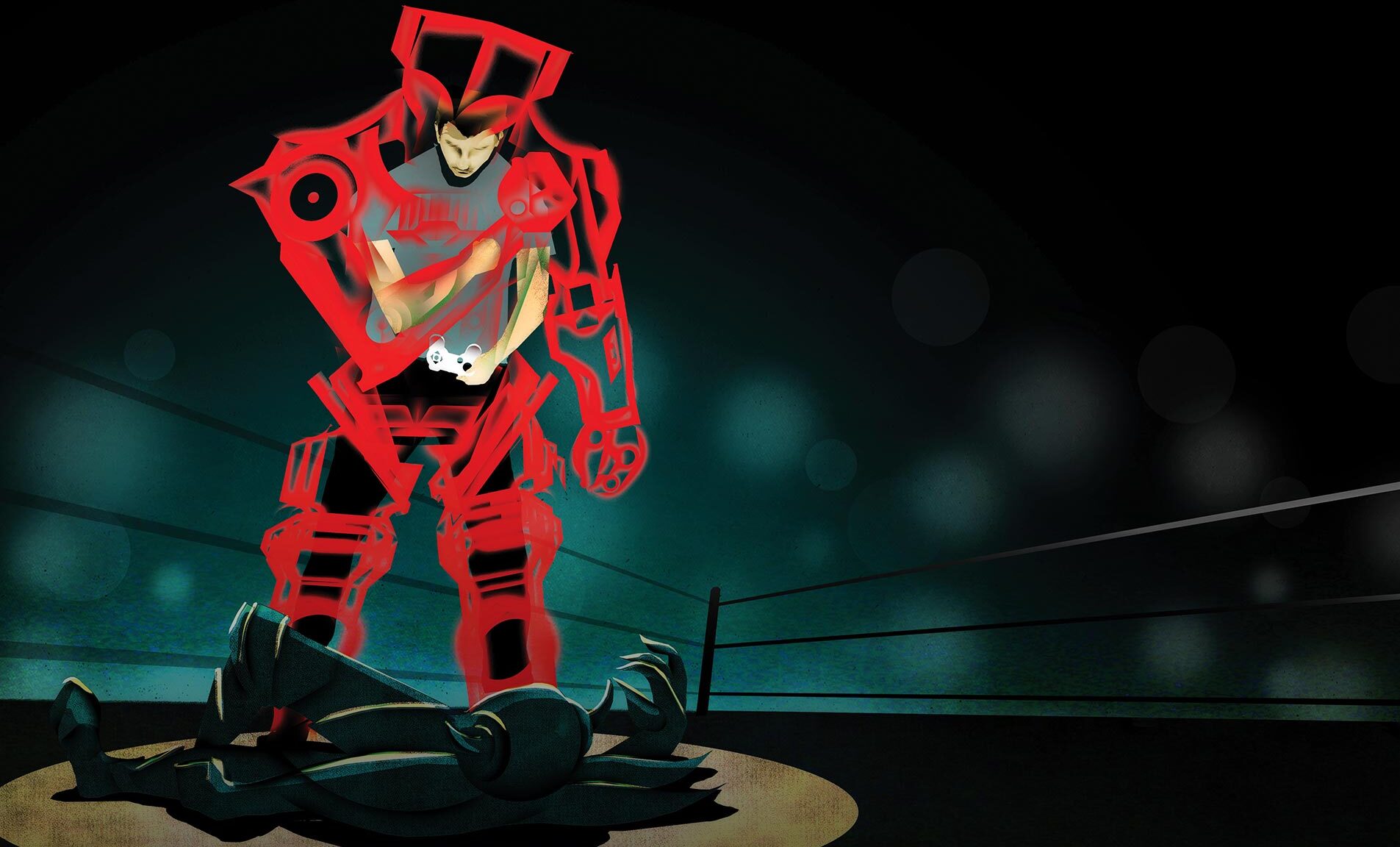Platforms & Crowds
With the power to transform established industries, capture untapped value, and materialize new business models, perhaps no aspect of the digital economy is as transformative as the possibilities presented by the platform economy and the utilization of crowds.
When online harassment doesn’t follow the rules
Is there a ‘cost’ to online harassment? Is it quantifiable? Beyond the toll it weighs on human victims, the rampant toxicity we see across social networks and communities, does this toxicity affect the bottom line of social networks? Well, in December 2018, Amnesty International released a robust report on online harassment against women politicians and […]

“Lost in Space:” can the crowd help NASA find items on the International Space Station?
It may seem hard to believe, but even astronauts lose track of things! In the closed environment of the International Space Station (ISS) there are only so many places equipment and personal items can be stored. So NASA reached out to LISH to run a crowdsource contest to improve on the existing state of the art inventory tracking system.

First crowd academy points the way for the future of work
Despite mounting evidence that innovation tools such as crowdsourcing are better, faster, and cheaper, it is still difficult for organizations to embrace this change. Held at HBS, the first annual Crowd Academy brought together researchers and industry experts to further the conversation on crowdsourcing, open innovation, and the future of work.

To what extent is it possible to take the distance out of distance learning?
The Global Philosopher, a special 4-part series with BBC Radio 4, gave Professor Michael J. Sandel an opportunity to initiate global dialogue like he’d never done before. Using HBX’s innovative Live Studio, the series virtually brought together individuals from across the globe to engage in lively debate about some of today’s most pressing issues. In this keynote from the 2018 Harvard University IT Summit, Sandel muses on the promise — and limitations — of this style of public discourse.

The Biggest Industry You’ve Never Heard Of
When you picture a screaming, sold out crowd at Madison Square Garden, esports (AKA professional gaming) might not be the first thing to come to mind. But with a current global audience of 385 million people and annual revenues of nearly $700 million, esports has become a growing and lucrative industry that’s promising enough to have even the owner of the New England Patriots investing.

What’s the future and why it’s up to us
Tim O’Reilly considers the implications for society of an increasingly complex digital ecosystem and highlights the potential of digital transformation to create a better world. O’Reilly envisions a future of work in which humans will increasingly collaborate with machines, software, and algorithms to get things done.

‘Candy Crush’ Was a Blockbuster: Can King Digital Capitalize?
What does it take to capture the devotion of a fickle fan base in a fiercely competitive industry? How can you capitalize on the viral popularity of a game within the ‘freemium’ model? How should a company strategically scale following one massive blockbuster hit? Professor Jeffrey Rayport looks to Candy Crush for the answers to these questions in this Cold Call podcast.


